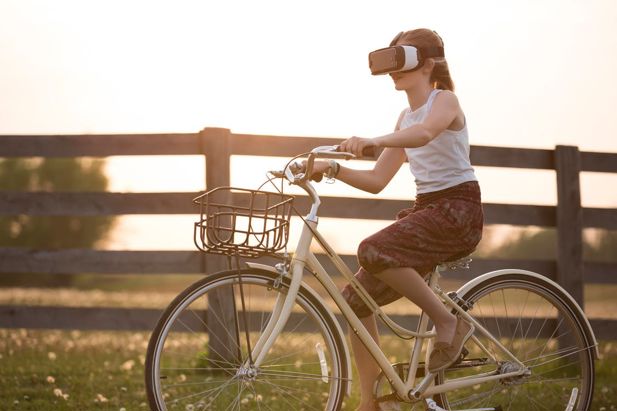Bodies 2.0. Embodied processes and technologies in the flows of urban capitalism
- Location
- Liberty Room, Winterbourne House
- Dates
- Thursday 10 May 2018 (09:30-15:30)
- Contact
If you are interested in participating in this workshop please email Lauren Rawlins.

WORKSHOP LEADERS – Dr Jessica Pykett, School of Geography, Earth and Environmental Sciences, and Dr. Mark Paterson, IAS Vanguard Fellow.
Increasingly, bodily experience is being reimagined through a combination of ‘hard’ quantifying technologies (sensors, pulse monitors, activity trackers), and ‘soft’ or social media technologies. Since the original ‘turn’ to embodiment in the 1990s, how are the social sciences dealing with new modes of somatic address through surveillance technologies, the plethora of consumer devices, and self-monitoring data?
In the wake of the so-called ‘Quantified Self’ (QS) movement (e.g. Lupton’s Quantified Self, 2016), Panagia’s The Political Life of Sensation (2009), and the rise of mobile tracking devices, what historical and conceptual tools are there to examine affects, habits and sensations within the spaces of everyday life, and their mediation through technologies, interfaces, prostheses? To what extent do such ‘soft’ and ‘hard’ technologies discipline, enhance, or diminish affects, movement, or spontaneity in sensation? In other words, what is at stake for the (bio) political life of affects and sensation? How and to what ends is the physical body being crafted, maintained, and adorned through these distributed means of sensing and surveillance in late capitalism? How is the ‘distribution of the senses’ mapped on to flows of capital, urban infrastructures and architectures?
Since the 1930s, following Marcel Mauss, the body can be considered as a set of ‘biologico-sociological phenomena’, produced through concrete contexts and situated experiences. The recent revival of biosocial research tends to overlook both this history, and the humanities perspectives on the body which question the prioritization of measurement over experience. Since this time, feminist scholars including Marion-Young, Scarry, Ahmed, and Garland-Thomson have questioned the normativity of bodily experience, affects, and sensations, focusing instead on embodied differences. Reuniting and revisiting these areas of scholarship prepares us to question how emotions such as pain, fatigue, and fear become monitored and mapped onto urban spaces of everyday life, work and play, labour, and leisure, for example. How are emotional encounters in the city and institutions increasingly narrated through a neuropsychological and epigenetic lens? How is disability and the biophysical processes of aging and disease increasingly medicalized and managed by technology? What is the future of the body, and bodily labour, in an age of increasing automation?